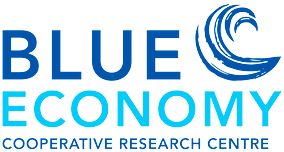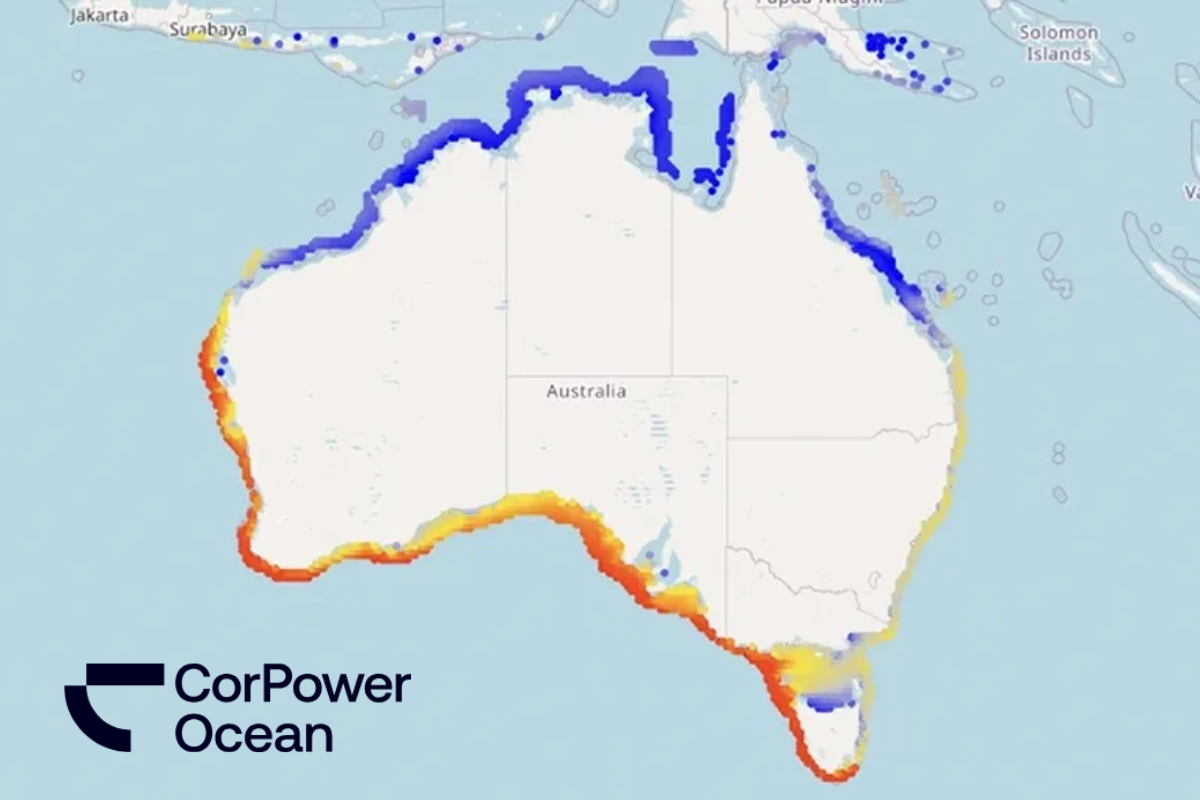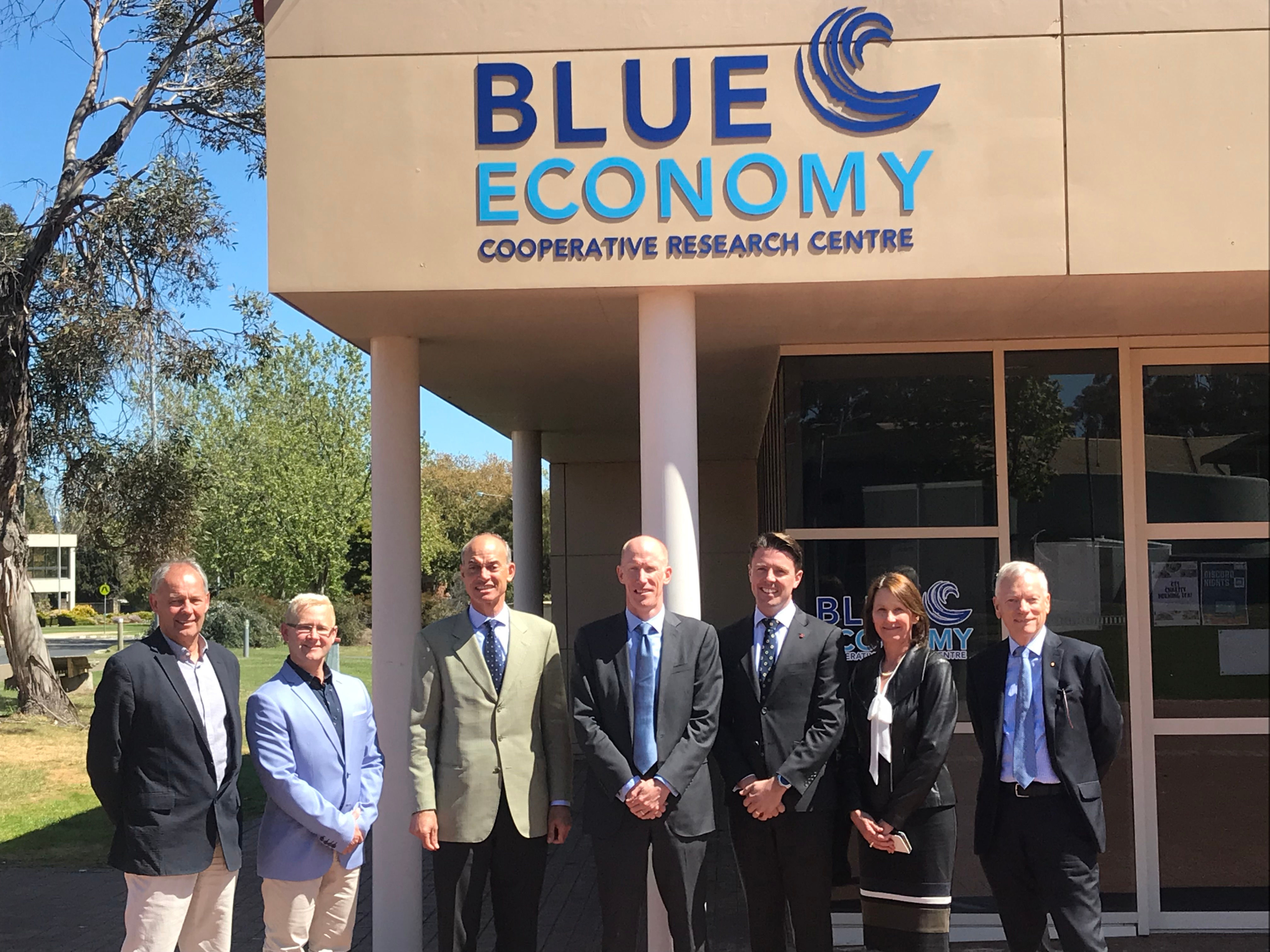In the relentless pursuit of sustainability within the maritime industry, the Blue Economy CRC has partnered with BMT – a Participant who stands at the forefront of innovation and change.
Under the insightful leadership of Andrew (Andy) Harris, Technical Lead and Principal Naval Architect, together we have embarked on a pioneering project with research lead, Dr Hongjun Fan of the Australian Maritime College, aimed at revolutionising the way we think about vessel propulsion.
This ambitious research initiative focuses on the feasibility of hydrogen and ammonia as green fuel alternatives, marking a significant step towards a zero-emission maritime future.
Main Objectives of the Research
The project led by Andy and his team of industry and academic professionals, is multi-faceted, with objectives that extend beyond the realms of mere technological feasibility. The primary goals include:
- Conducting a comprehensive feasibility study into the maturity of hydrogen and ammonia-powered vessel technology.
- Analysing the near-term market potential for such vessels within Australian waters and as exports.
- Understanding the intricate relationship between the logistic supply chain for hydrogen fuels and the anticipated adoption of hydrogen vessel propulsion in Australia and New Zealand.
The Urgency for Change
With the maritime industry accounting for 2.5% of global greenhouse gas emissions, the shift towards green fuel options such as hydrogen and ammonia is not just innovative—it’s imperative. This transition aligns with global efforts to reduce environmental impact, with the ambitious target of introducing the first zero-emission fleet by 2030. Countries across Europe are already making strides in developing hydrogen-powered vessels, setting a precedent for Australia and New Zealand to follow suit.
Navigating Challenges and Opportunities
The path to hydrogen-powered vessels is fraught with challenges, from safety concerns to economic viability and the need for specialised infrastructure. However, experimental vessels in the UK and Canada offer a glimpse into the potential that hydrogen fuel holds. This research project aims to explore these challenges in depth, drawing lessons from international efforts to pave the way for Australian-made hydrogen vessels.
The Path Forward
The outcome of this research will provide invaluable insights for a wide range of stakeholders, from naval architects and marine engineers to shipping companies and policymakers. By examining global best practices and assessing local capabilities, the project seeks to lay the groundwork for Australia and New Zealand’s transition to a net-zero emission maritime industry.
Phase I Update: November 2023
In a significant milestone, the team released the Phase I report in November 2023, offering a thorough review of hydrogen’s viability as a marine fuel in Australia. This report not only highlights the economic and technological feasibility of hydrogen-powered vessels but also examines regulatory readiness, safety design principles, and the specific vessel types best suited for hydrogen adoption. As we continue to explore the untapped potential of hydrogen and ammonia for vessel propulsion, the maritime industry stands on the cusp of a new era.
This research project not only signifies a pivotal shift towards sustainable maritime practices but also underscores our commitment to addressing complex, real-world problems through innovation and technical excellence. The journey towards a zero-emission shipping industry is challenging, yet with initiatives like these, it’s a future well within our reach.
For more information, visit the Hydrogen Powering of Vessels project page.






